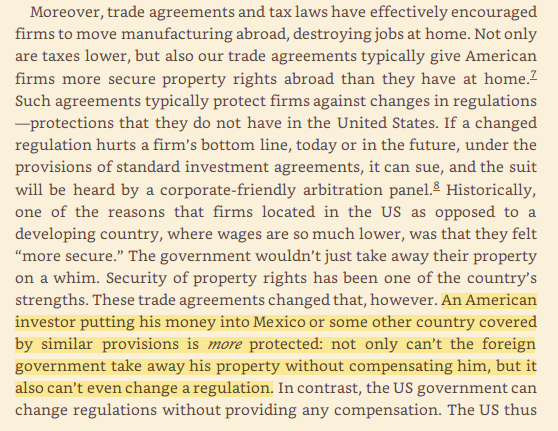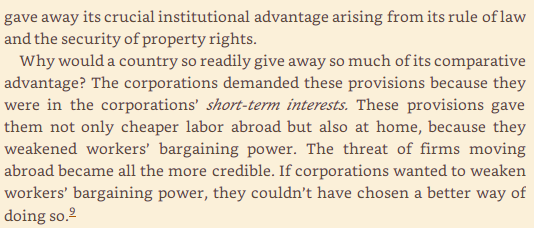A small break from more serious posts. I’m the sorta guy who takes a book almost everywhere. When I was younger I’d grab a paperback and read it while walking wherever I was going. I certainly never get on a bus, train, or plane without a book, and often multiple books.
And as for classes at school and university, well most of them are about an 80 percent waste time to anyone who’s done the reading so I usually bring a book as well. (To this day, I still loathe people who don’t do the reading, so that the professor thinks they should recapitulate it and wastes everyone else’s time. Also, profs: Don’t do that!)
So, anyway, yes, normal books are nicer than e-books, and most e-book formats which handle footnotes or text boxes or images badly (well, all formats, but maybe I’ve missed something), so if it’s a book where those matter, a print version is important.
(I am fundraising to determine how much I’ll write this year. If you value my writing and want more of it, please consider donating.)
All that said, buying a good e-book reader, ummmm, changed my life? I hate using that phrase about a consumer purchase, but the fact is that the books are cheaper and I can buy them so much more easily that it’s vastly increased how many books I read.
I got out of the habit of reading tons of books with the rise of the internet. The problem with that is that while the internet is nice in many ways as long as you don’t become addicted to social media, reading online articles is not the same as reading books. It cannot substitute in terms of actual learning or enjoyment.
I had already started a move back to books before I bought an e-reader, but the ease of it ramped it to the point where, today, I’m back to teen rates of reading at least a book a day, and often two or three. (Four or five happen occasionally.)
Cheaper, more convenient, and the e-reader is small enough that I can stick it in a large pocket. And when I finish one book, there’s always another.
Anyway, e-readers: One of the few things I really like about the late telecom revolution. (As much as I love the internet and have made much of my living on it for two decades now, I’m not sold that it’s overall a good thing and I don’t like smartphones much at all, even though I have one.)
(Oh yeah. E-readers have been used to hurt the publishing industry. Absolutely. But that’s a policy matter and could be fixed with policy.
What pieces of tech have actually made your life better?




